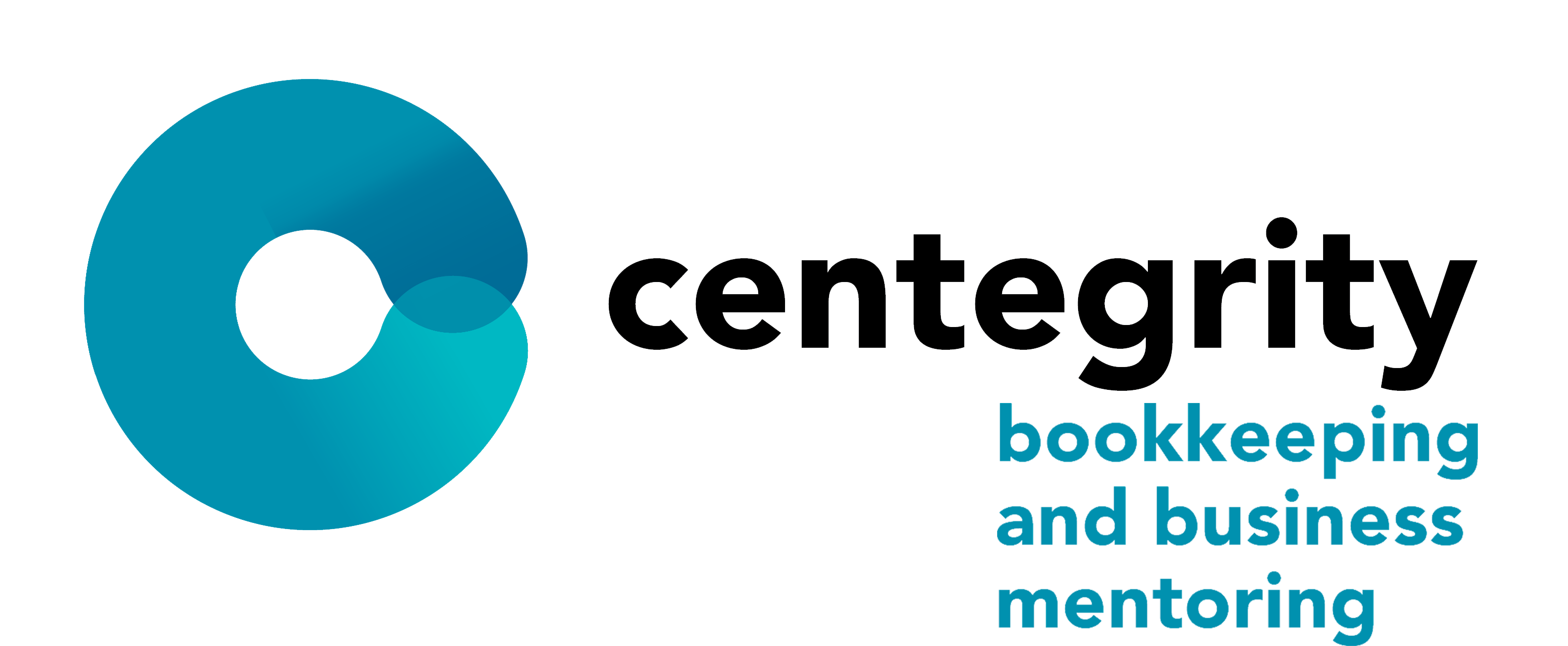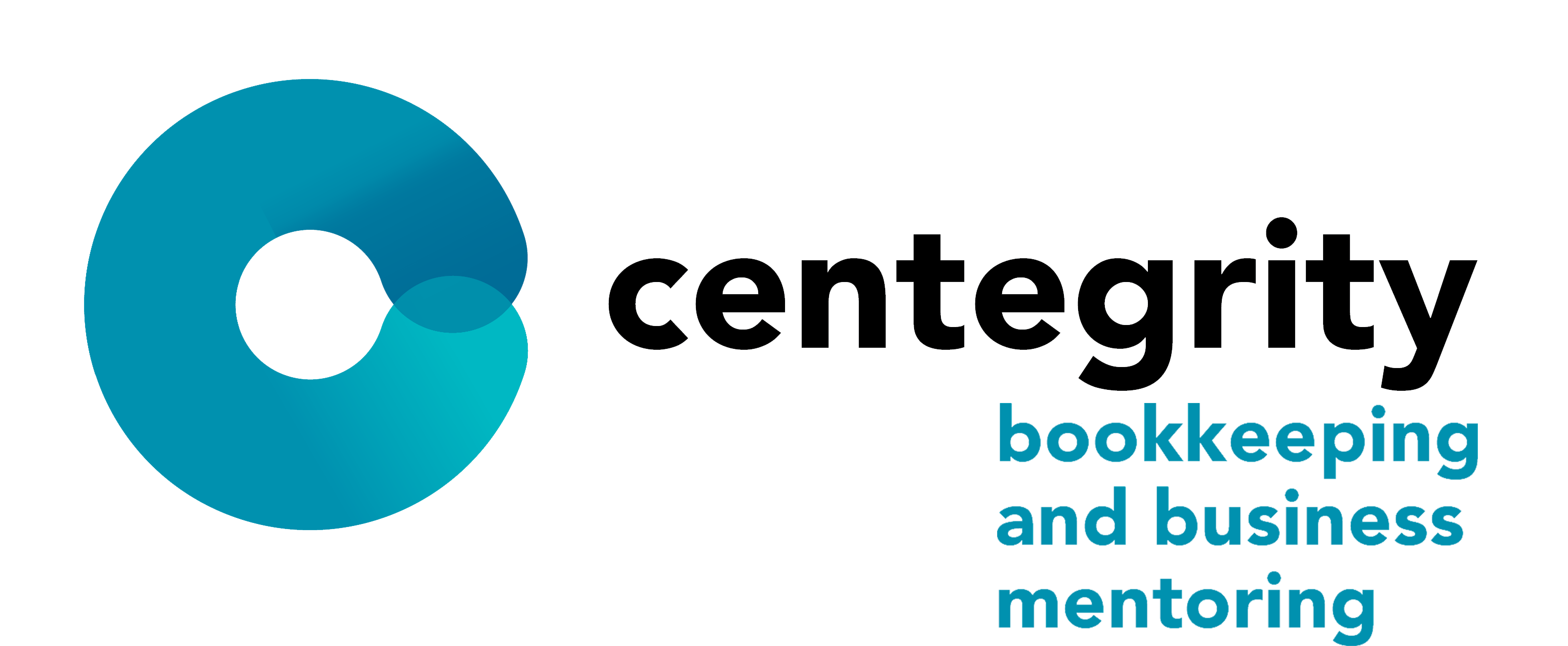2021 has presented challenges and opportunities for every business. But, just like 2020 before, the past year has served up a lot of uncertainty, rule changes, and constant new hurdles to jump over.
The lockdowns in Melbourne and restrictions have impacted several business functions, including cashflow, debt, and staff management. Not to mention the stress of having to manage all the new rules and processes while still trying to keep customers happy.
To help you prepare for 2022, here are some of the key business considerations to be ready for in the new year.
1) Managing Cashflow
Small businesses affected by the pandemic struggled with cashflow during 2020, and it remained the most troubling part for 2021 as well.
The lockdowns and impact on supply chain management in many industries reduced sales and brought down the profitability of businesses in Melbourne and the rest of the country.
For this reason, a business must be focused on reducing expenses where possible, getting all their pending invoices paid, and paying bills on time to avoid penalties.
Downsizing teams and remote working have also helped some businesses reduce expenditure. Long-term relationships with understanding suppliers have also helped avoiding any late fees.
2) Understanding Tax Changes
Over the last two years, the Australian Taxation Office has announced changes in tax concessions for small businesses in Australia.
It’s essential to keep track of these new small business tax regulations and implement them to avoid penalties and wastage of money.
For example, as part of the Federal Government’s Coronavirus Stimulus Package, the Instant Asset Write-Off threshold increased from $30,000 to $150,000 (net of GST) per asset.
There are many ways to reduce your taxable income or find savings for your expenses, and it pays to take some time to research.
3) Planning for Payroll Changes
In response to the impact of the COVID-19 pandemic on a number of sectors of the Australian economy, the Fair Work Commission made changes that came into effect from July 2021.
According to the changes, the national Australian minimum wage for adults working full-time has been raised from $753 to $772 per week.
Business owners had to make amendments to the wages of every employee in Australia who were covered under an award in the past few months to comply with the law.
4) Preparing for Staffing Challenges
In the post-lockdown world, there is a labor shortage in some industries in Australia. For this reason, there is a stronger incentive for business owners to keep their team engaged, committed, and motivated.
Providing team members with new projects and offering them opportunities to grow and advance are strategies to retain great staff. In addition, it might be worth investing in some professional development for your team, such as attending conferences or in-house team training.
Employees are more likely to stay loyal to a business when they feel valued and recognised. Make sure you have regular team meetings and strong communication to ensure that everyone is aligned with your business vision and values.
5) Taking Advantage of Automation
Many businesses in Australia have now transitioned to using automation and AI tools during the pandemic to make their business more efficient. A crucial part of this is ensuring that your team is skilled in handling new technology and software.
For example, most companies are already using cloud-based accounting software, which helps them keep track of their finances and work remotely with a Bookkeeper and Accountant. In addition, automation has helped reduce errors and inefficiency for invoicing, inventory management, and payroll management. Make sure to keep your business abreast of the latest innovations and developments to help you thrive.
6) Being Cyber Security Aware
With most businesses using online and cloud-based software tools, it has become necessary to be aware of potential cybersecurity threats. Hacking, phishing, and cybercrime have been rising in the past decade, especially during the past few years.
All financial data for your business is crucial information and should not be easily leaked or shared with anyone outside your company.
It’s a good idea for your business to do a cybersecurity audit once a year. It can also be wise to develop a cybersecurity policy for your team to follow. This practice also helps reduce embezzlement and fraud as there are various levels of security that need to be crossed to access the files.
7) Set Clear Financial Projections
Since the COVID-19 pandemic has changed the global economic landscape, accurate financial data has become a fundamental business need in order to assist in projections and business decisions.
Working with a bookkeeper can help with forecasting by focussing on short-term budget plans for your business. Knowing what you have spent, invoiced, and paid for can be a great way to help forecast the next quarter.
Being Prepared for Uncertainty
An economic slump is damaging for every business. The pandemic has reduced revenue and forced many companies to rethink how they serve their customers and clients.
Working with a proficient bookkeeper who helps business owners ensure they have accurate records and are on top of compliance obligations can alleviate much unnecessary stress and uncertainty.

